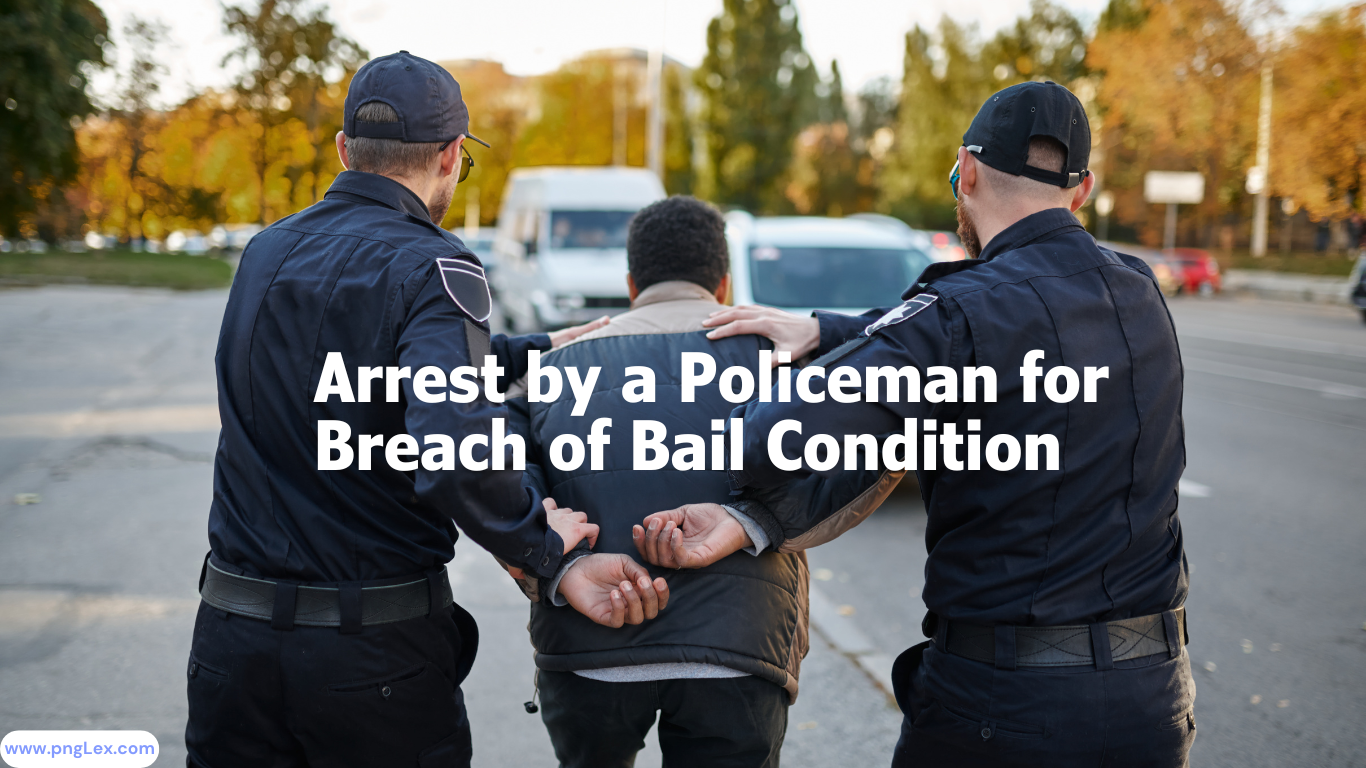The Arrest Act (Chapter 339) provides guidelines for arresting individuals who breach bail conditions. This legal provision is crucial for maintaining the integrity of the judicial process. Here, we explore the circumstances justifying such arrests and offer practical examples to illustrate these scenarios.
What is the act of arrest?
Arrest is the act of detaining a person by legal authority, typically by law enforcement, due to suspected involvement in a crime. It involves taking the individual into custody, restricting their freedom of movement, and ensuring they appear before a court. An arrest can be made with or without a warrant, depending on the circumstances and the law’s requirements.
What is a warrant of arrest?
A warrant of arrest is a legal document issued by a court that authorizes law enforcement to detain an individual suspected of committing a crime. This warrant provides the legal basis for arresting the person and bringing them before the court. It typically includes details about the suspect and the alleged offense. Understanding a warrant of arrest is crucial for recognizing the lawful procedures in criminal justice and ensuring the rights of individuals are protected during the arrest process.
Legal Grounds for Arrest Without Warrant for Breach of Bail condition
Authority of Policemen
Under Section 4 of the Arrest Act (Chapter 339), a policeman has the authority to arrest a person without a warrant if he has reasonable grounds to believe, and does in fact believe, that the person:
- Has breached a condition of his bail.
- Is about to breach a condition of his bail.
Procedure Post-Arrest
Once a person is arrested for breaching bail conditions, the policeman cannot release them on bail. Instead, the arrested individual must be brought before a court as soon as reasonably possible. This ensures judicial oversight and maintains the integrity of the bail process.
Examples Arrest Without Warrant for Breach of Bail condition
Example 1: Violation of No-Contact Order
John was released on bail with a strict condition not to contact the victim of his alleged crime. A policeman observes John near the victim’s residence, attempting to communicate with them. Believing that John is about to breach his bail condition, the policeman arrests him without a warrant. John is then brought before the court to address the breach.
Example 2: Failure to Report to Police Station
Sarah, released on bail, is required to report to the local police station every Monday. She fails to show up on a scheduled day. The policeman, having reasonable grounds to believe Sarah breached her bail condition, arrests her without a warrant. Sarah is promptly taken to court for further proceedings.
Importance of Arrest Without Warrant for Breach of Bail condition
Ensuring Compliance with Bail Conditions
This provision empowers policemen to act swiftly when bail conditions are breached. It ensures that individuals granted bail adhere to their conditions. It thereby maintains the judicial process’s integrity.
Judicial Oversight
By requiring arrested individuals to be brought before a court promptly, the law ensures that any breach of bail conditions is reviewed judicially. This process prevents misuse of police power and upholds the rights of the arrested individuals.
Conclusion
The Arrest Act (Chapter 339) outlines the legal framework for arresting individuals who breach bail conditions. This provision ensures swift action by law enforcement while maintaining judicial oversight. Understanding these legal provisions is essential for both law enforcement and the public. It promotes transparency, accountability, and the effective enforcement of bail conditions, contributing to a fair and just legal system in Papua New Guinea.





About the author